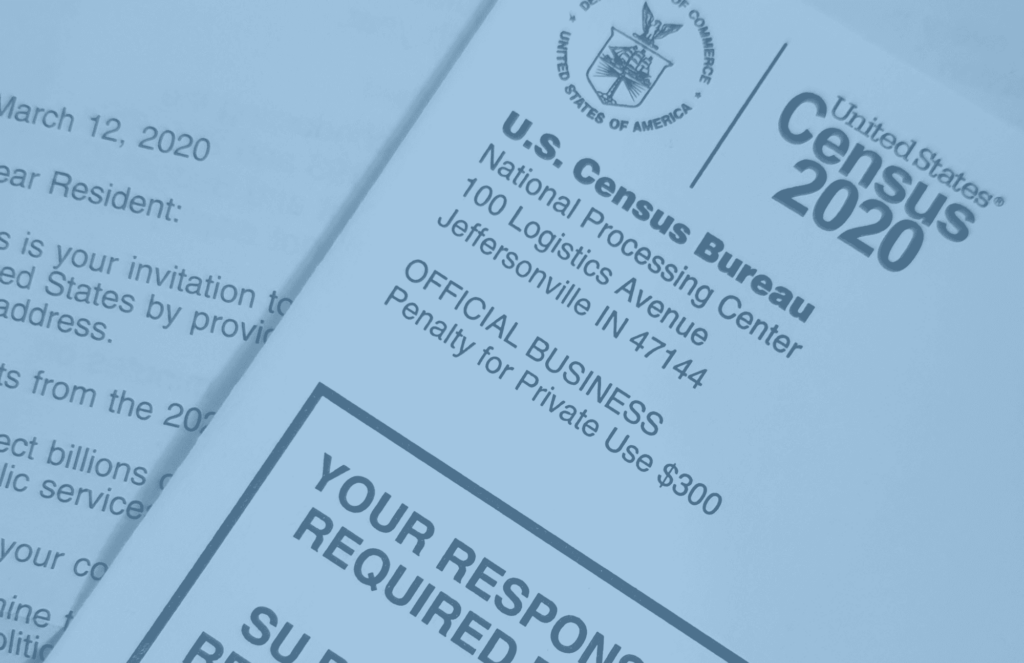Projects
Beeck Center projects solve pressing, real-world problems using our team’s experience and expertise to improve systems we all rely on in daily life.
We design projects to scale out of the Beeck Center to the practitioners, policy makers, and institutions where they will have the most direct impact. From our guides to our networks, we ensure the work is actually being used by the people who need it.

Digital Benefits Network

Digital Service Network

Intergovernmental Software Collaborative

State Chief Data Officers Network

The Opportunity Project for Cities
Community tools, powered by local data

Data Labs

Modernizing Congress

Digital Census Project

Improving Child Welfare

Delivering Better Outcomes through User-Centered Policy Making

Community Data Capacity

Data + Justice

Equitable Access to Capital Markets

Financing Immigrant and Refugee Integration

Inclusive Community Impact Investing

LaunchGrad

Project Builder

Public Data Integrity

Reimagining Community Investing for the 21st Century

Responsible Data Sharing

Social Impact Navigator

The Blockchain Ethical Design Framework for Social Impact
